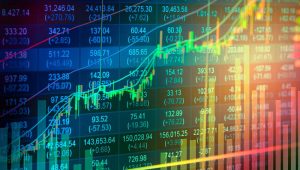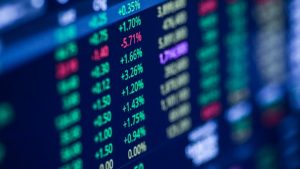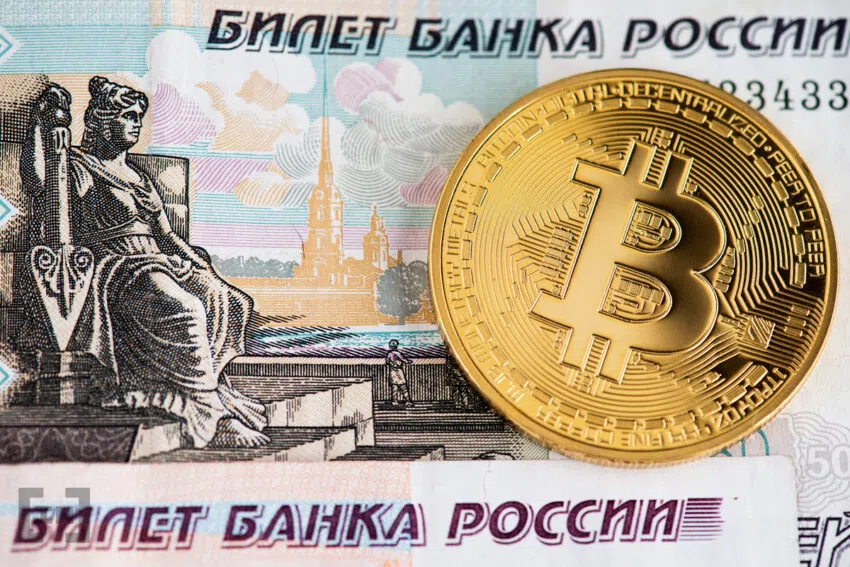
It’s one of the most common topics in the trading industry with which lots of newbies and seasoned traders wander around. An obvious idea on both requires choosing the best-suited one from Options or Futures Contracts while trading commodities.
So in today’s article, we will discuss the characteristics, obligations, execution process, prevailing risks, degrees of profit or loss, etc. of both trading types in brief.
Hopefully, it will help traders to make the right trading type.
Options Trading:
An option is a contract between two parties. The buyer may buy or sell a financial asset/security/commodities at a predetermined price within a predetermined date.
In options contracts, investors don’t have to buy or sell the asset if they decide not to do so. To get this right of taking decisions, buyers have to pay a premium for the options contract. We can use options for contracts in many areas and markets. Like in real estate, in business deals or to buy cars.
For more details, we recommend it to surf some online trading education sources for better understanding.
The following features of the options contracts attract traders to trade options:
Options trading also involves some risks which should be mention here:
Future Contracts:
A futures contract is an obligation to buy or sell an underlying product at a specific price at a specific time. Here, the word ‘obligation’ implies that traders must buy or sell the underlying product at the agreed-upon price when the contract expires.
We know the predetermined price to buy or sell the asset as the forward price. Besides, the predetermined time, which is when delivery and payment occur, is known as the delivery date.
Though futures can pose unique risks for investors, yet there are several benefits to futures:
However, Futures always has unlimited risk. Here are some noteworthy disadvantages of future trading:
Choosing Future Contracts Or Options:
Both futures contracts and options have their advantages and disadvantages. So, choosing one over the other can be a bit confusing and challenging. Most experienced traders choose both types of trades depending on different situations, risk appetite, and liquidity. And some traders focus only on one type of trades.
However, active traders choose futures contracts to fill their target of making profits from the ups and downs of the market as futures have high liquidity than options. The futures market is widely used for commodity trading such as crude oil, natural gas, coffee, cocoa, etc. On top of that, Future contracts are useful while managing the costs of commodities.
On the other hand, some other traders prefer options for insuring their investment as options require low costs of commodities than future contracts. It seems easier as there are many free or paid binary signals providers helping traders decide to buy or sell a call or put.
Final Words:
So to conclude, we must encourage you to research thoroughly on both the future and options. Knowing every ins and outs before trade execution will help you to make the best decision. Both these trading types have their pros and flaws. So, you should choose the one which matches your strategies, goals, and risk appetite.







